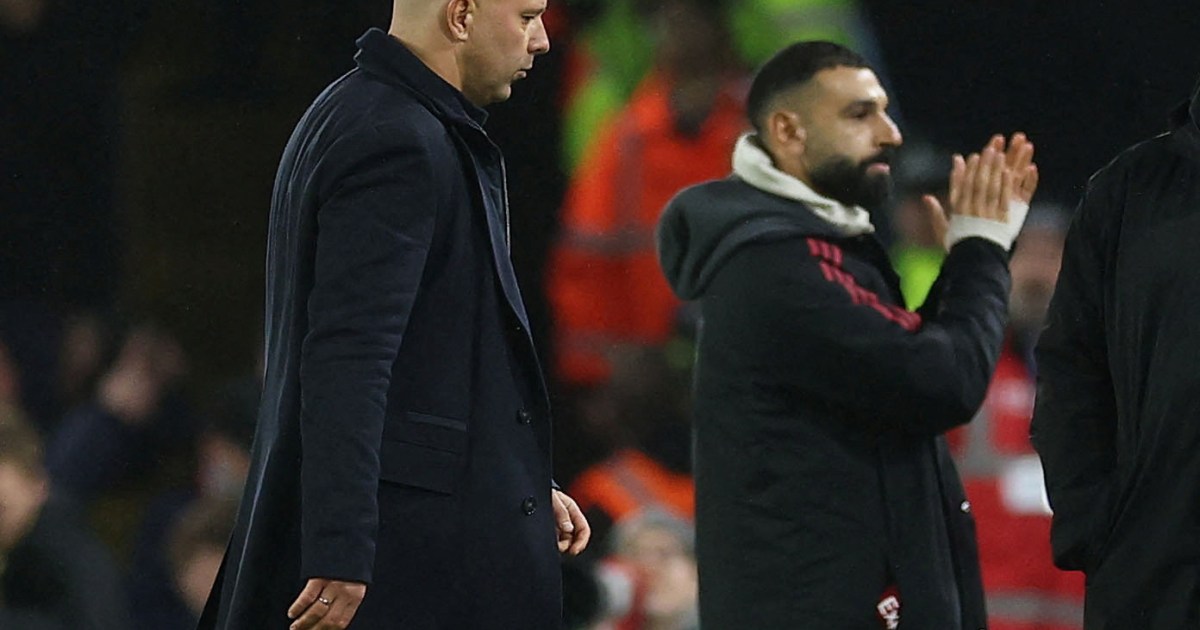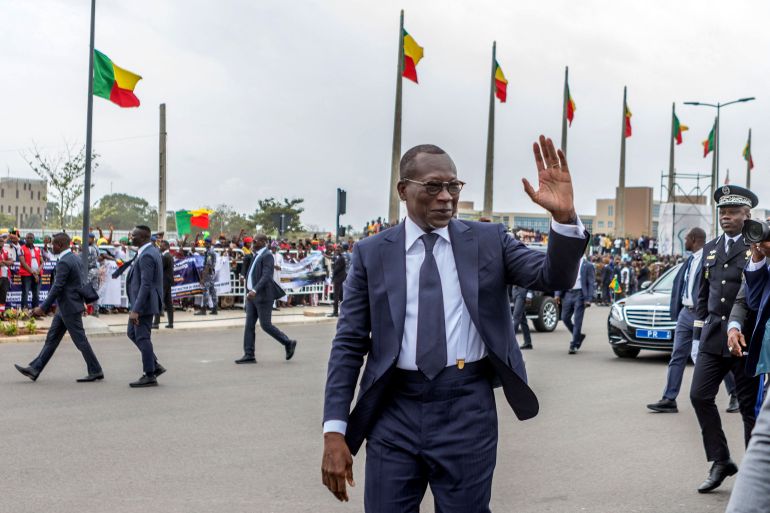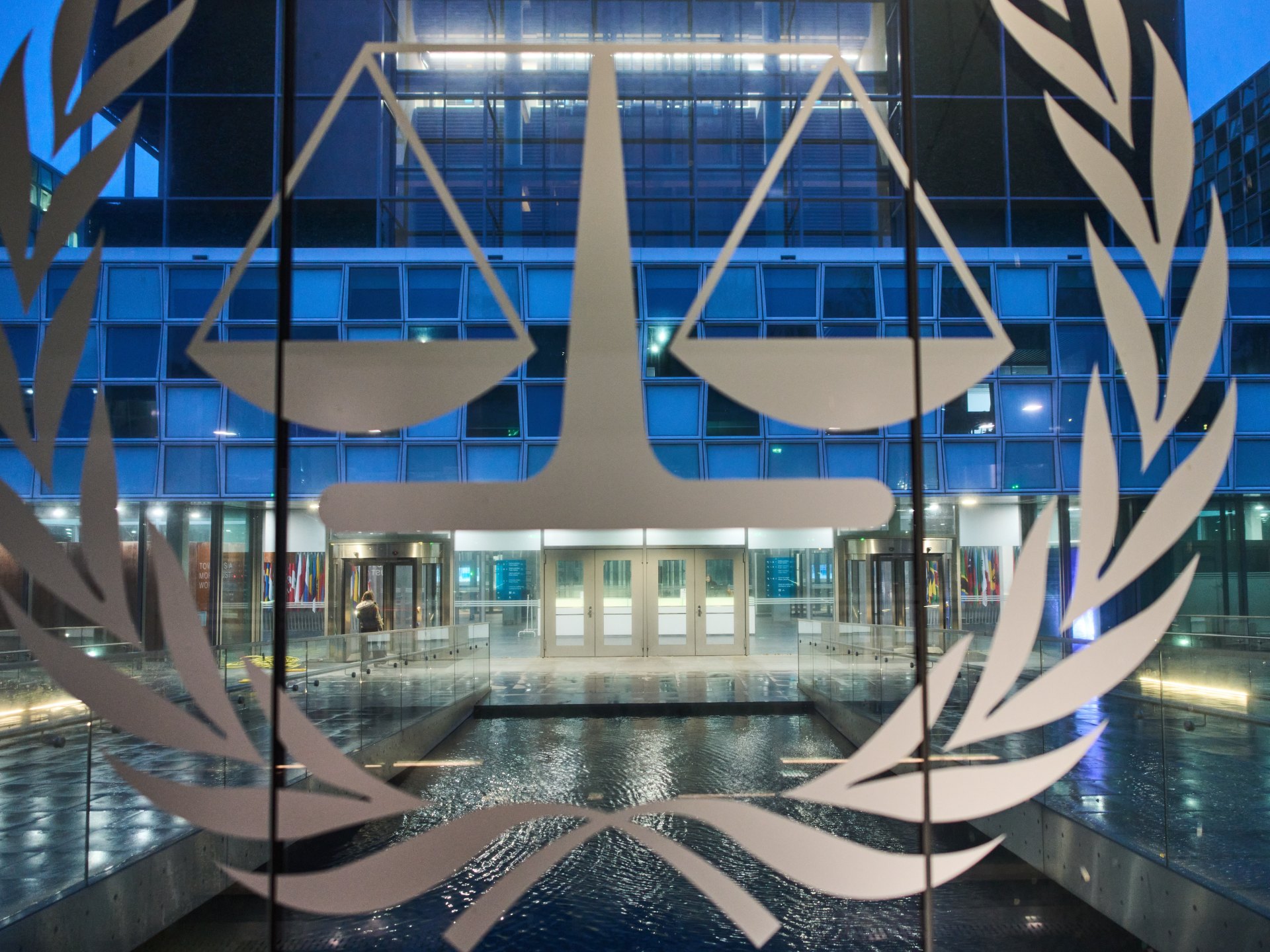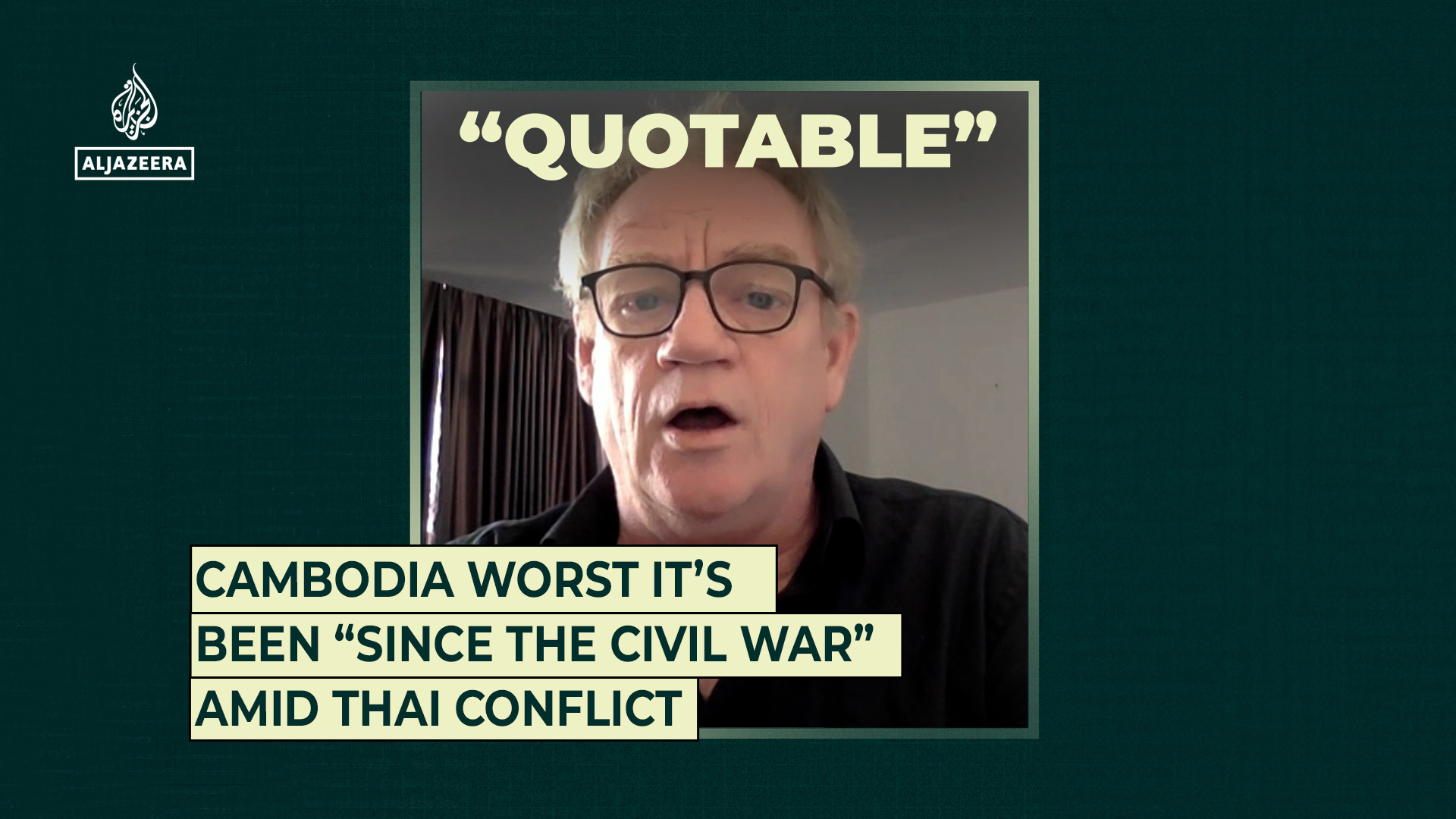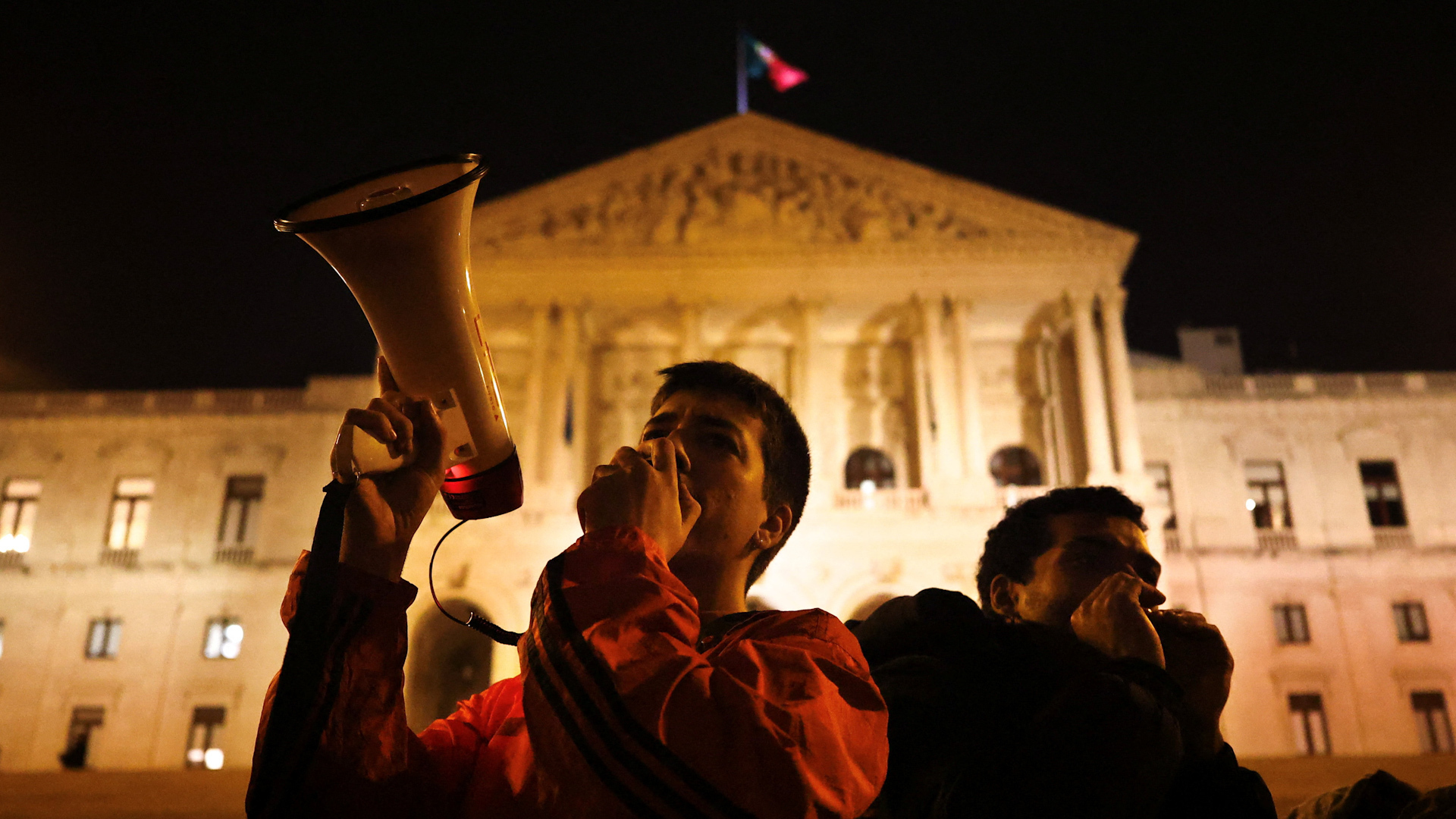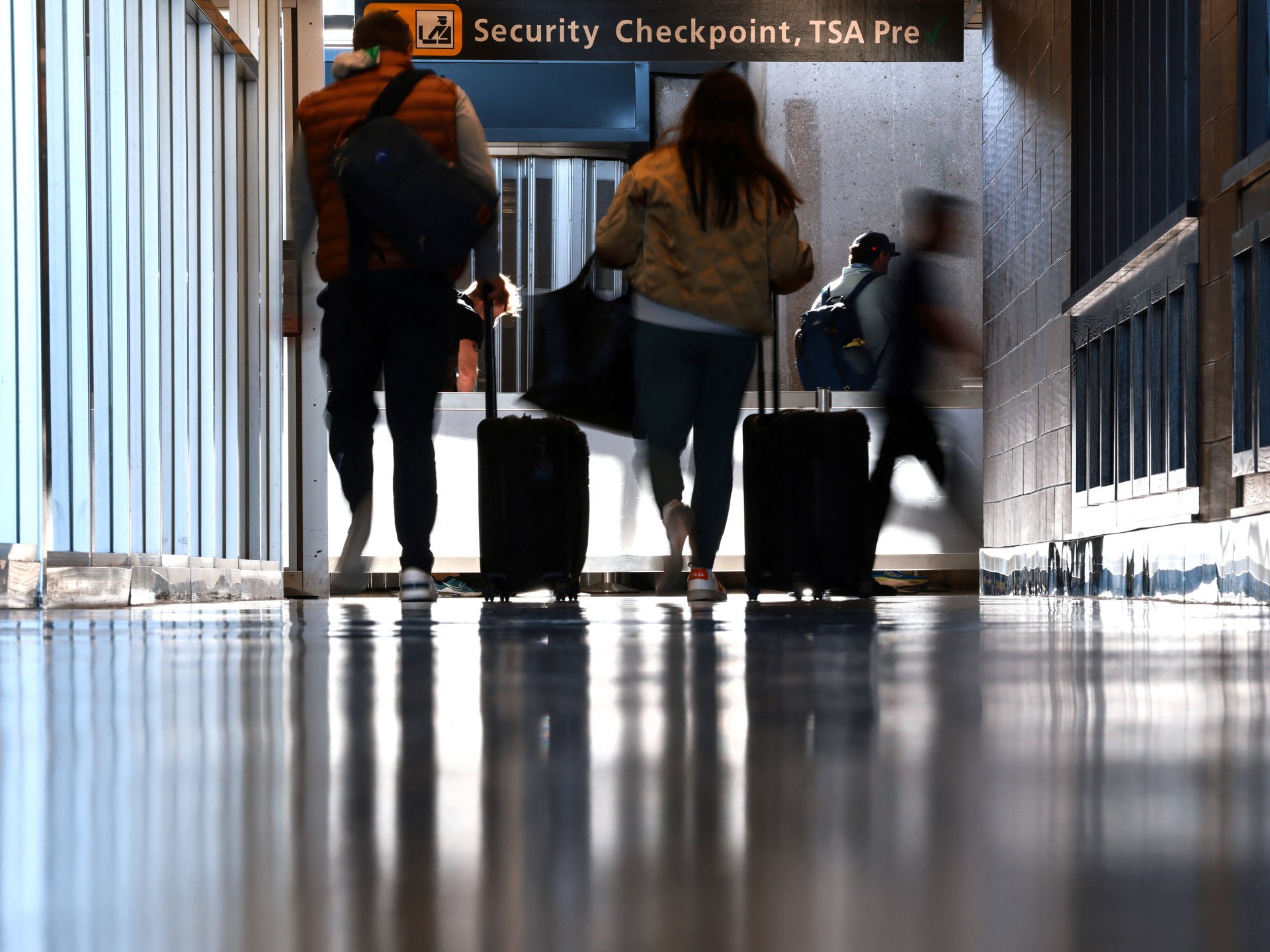Liverpool manager Arne Slot has confirmed that he will meet with Mohamed Salah to decide whether the Egyptian international will be involved in the Premier League champions match at Brighton and Hove Albion on Saturday.
The 33-year-old forward, who has won both the UEFA Champions League and two Premier League titles with the Anfield-based club, caused controversy with his reaction to being named on the bench for the 3-3 draw with Leeds United last Saturday.
Recommended Stories
list of 4 itemsend of list
It was the third consecutive game that Salah had been benched for and he told reporters after the Leeds match he had been “thrown under the bus” by the club following their slow start to their latest title defence, with the team languishing in 10th place with 23 points from 15 matches.
That led to the former Chelsea and Roma forward being left out of the squad that travelled to Italy for Tuesday’s 1-0 win at Inter Milan in the Champions League.
As a result, rumours grew about Salah’s future at Liverpool, with interest confirmed from the Saudi Pro League.
Slot was reticent to be drawn on the subject after the match in Milan, but has moved to calm speculation over Salah’s future after the player’s fiery criticism.
“I will have a conversation with Mo this morning, the outcome of that conversation determines how things will look tomorrow,” Slot told reporters on Friday.
When asked if he wanted Salah to stay at the club, Slot said: “I have no reasons to not want him to stay.”
Pressed on Salah’s status, Slot refused to offer any guarantees.
“I think the next time I speak about Mo should be with him and not in here. You can keep on trying but there is not much more to say about it,” he said.
Talks about Salah’s Liverpool future under way amid transfer rumours
The Dutchman did confirm that talks had begun between both parties following the second of the three matches that saw Salah dropped to the bench.
“After the Sunderland game, there were a lot of conversations between his representatives and ours, between him and me,” he added.
Slot also chose to reveal that the decision to leave Salah at home for the trip to Milan followed discussions within the club.
“I am always in contact with them (sporting director Richard Hughes and chief executive of football Michael Edwards) but when it comes to the decision-making of the lineup or the squad, they leave that open to me.
“That’s not to say I don’t talk to them. Mainly Richard, not Michael. The decision to play a player or have them in the squad is entirely up to me.”
Salah, nicknamed the “Egyptian King,” has endured a turbulent campaign following an extraordinary 2024-25 season.
He is set to depart for the Africa Cup of Nations on Monday – with his international teammates already backing their colleague – leaving Liverpool to attempt to extend their four-game unbeaten run across all competitions while silencing the off-field turmoil.
Whether he returns to Anfield afterwards remains uncertain, with Saudi suitors circling and Salah hinting that his Liverpool chapter may be drawing to a close.
Isak in doubt for Liverpool’s Premier League match with Brighton
There is a question mark over Alexander Isak’s status for Saturday, with Slot saying the forward picked up a knock in the first half against Inter Milan, and that he will be evaluated on Friday before they decide whether or not he can start.
Slot is pleased with how Isak and Hugo Ekitike have played together, saying their partnership will continue to improve.
“The more they play together, the more they will adapt to each other and the better they will cooperate,” Slot said. “I saw promising things from the both of them, it’s only the second time they’ve played together. We will see more of them playing together in the future.”
